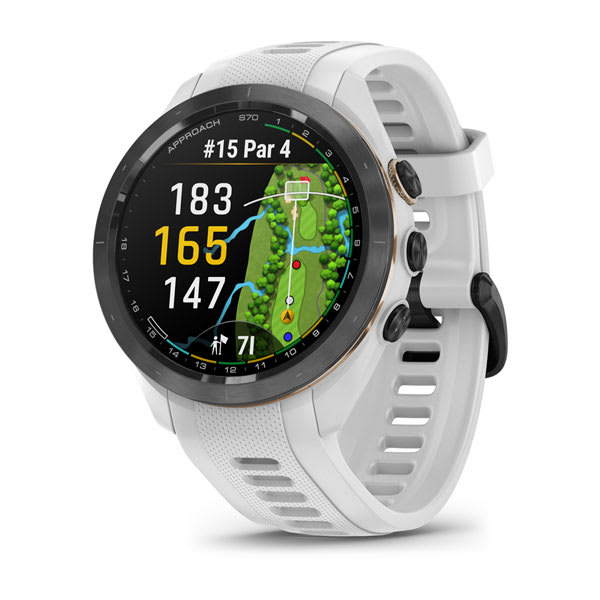
Does Your Garmin Smartwatch Track Naps? Here’s How It Works.
Are you tired of waking up from naps feeling even more sluggish than before or wondering how much sleep you need at night if you take an afternoon nap?
It’s time to put strategy behind your naps. Compatible Garmin watches can help with nap tracking.1
Why take a nap?
More than one-third of U.S. adults don’t get enough sleep, according to the Centers for Disease Control and Prevention. And once a month, nearly 40% of Americans fall asleep during the day on accident, according to the National Heart, Lung and Blood Institute.
Naps can improve your alertness, reduce fatigue, lift your mood and boost your memory. If you don’t get enough sleep the night before, naps can curb daytime sleepiness.
Naps can improve your performance in the workplace (don’t tell your boss we mentioned that) and boost an athlete’s physical performance, according to the Sleep Foundation.
That said, regular napping isn’t enough to make up for consistent lack of sleep.
How does Garmin nap detection work?
Using Firstbeat Analytics™ to automatically detect naps through long enough periods of inactivity, compatible Garmin devices will offer insight into your napping habits. You can also manually start a nap on your compatible watch.
Compatible watches include Approach® S70, Venu® 3, fēnix® 8, Forerunner® 965, Enduro™ 3 and more.
Garmin devices won’t track the light, deep and rapid eye movement (REM) sleep stages during naps. Most naps are made up of light sleep because the deep and REM sleep stages aren’t likely to happen.
What is personalized nap guidance?
Nap guidance will tell you how long to nap and the best time to nap. Usually, this is the middle of the day between when you wake up and go to bed. You should aim for naps between 10 and 20 minutes, but less than 30 minutes — longer naps will more likely disrupt your sleep schedule.
Your nap should be less than three hours to qualify with Garmin nap detection. Any longer and it just becomes sleep. Naps should also be outside your usual sleep times, meaning you shouldn’t nap within an hour of waking up or going to bed.
If you put a trip in your calendar that crosses time zones, you’ll get nap guidance to help prepare and handle jet lag symptoms.
Naps will also affect your Garmin sleep coach recommendations, as well as your stress and Body Battery™ metrics.
Ready to nap better? Garmin watches are here to help.
1See Garmin.com/ataccuracy







